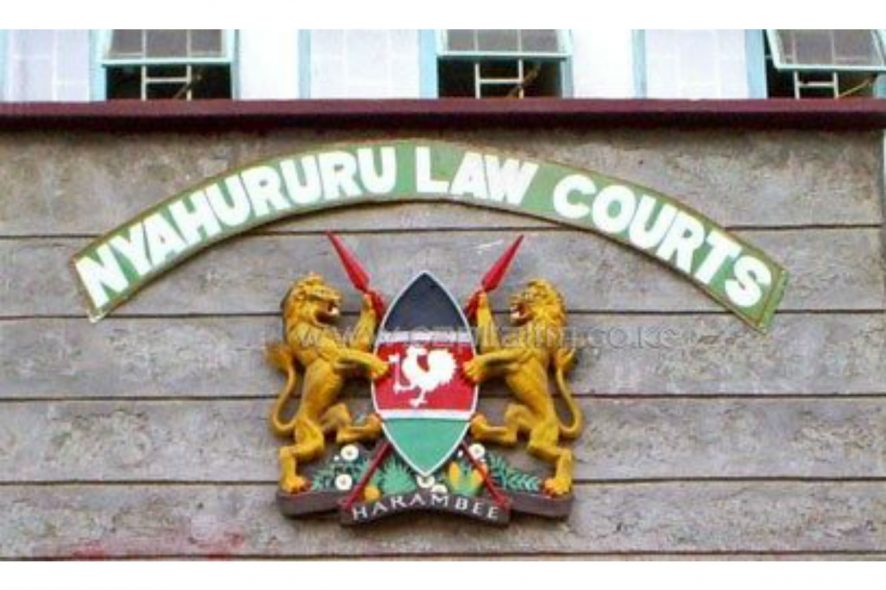Kenya High Court, Nyahururu: R.P.V. Wendoh, J. passed a judgment directing acquittal of an accused in the absence of sound circumstantial evidence.
A child was found dead in Nyahururu, Kenya. The reason for the death was found to be strangulation leaving a dark swollen mark around the neck of the deceased child. The police was called and the investigating officer noticed that the younger brother of the deceased child also had the same swollen mark on his neck, however, he never bothered to interrogate that child. The deceased used to live with father, brother and father’s second wife as the mother of the deceased had parted from his father and he was under the custody of the father. Police suspected David Wang’ondu Githiru, father of the deceased for the murder but when they tried arresting him, he started to run with an intention of escaping from the scene.
Learned counsel for the prosecution, Mutembei called upon nine witnesses who testified the death of the deceased and the swollen mark present on his neck. One of the witnesses also testified the presence of the same mark on the neck of the younger brother of the deceased. The testimony of the witnesses created a chain of events which somewhat placed accused as the probable murderer.
Learned counsel for the defendant, Kihoro contended before the Court that the circumstantial pieces of evidence brought before the Court were hollow as it did not answer as to who killed the child. He further argued that when the accused reached his home on that evening, the child informed him that he was sick. However, the accused had no money at that time so he started to arrange money. Around 3:00 a.m. the next day, he was taken to the hospital but he had died by that time.
The Court after hearing both the sides observed that the case turns on purely circumstantial evidence. It was opined that for the Court to rule a conviction on such evidence, events leading to the death of deceased must form a chain so closely knit together without any breakage or interruption. But, the present case did not give a very strong circumstantial evidence whose final outcome could be relied upon. The Court thus reiterated the judgment passed in Sawe v. Republic, (2003) KLR 364 in which it was opined that “Suspicion, however strong, cannot provide basis for inferring guilt which must be proved by evidence beyond reasonable doubt.”
Thus, the Court in absence of the proof beyond reasonable doubt acquitted the accused. [Republic v. David Wang’ondu Githuru, 2018 SCC OnLine Ken 1, decided on 24-10-2018]






